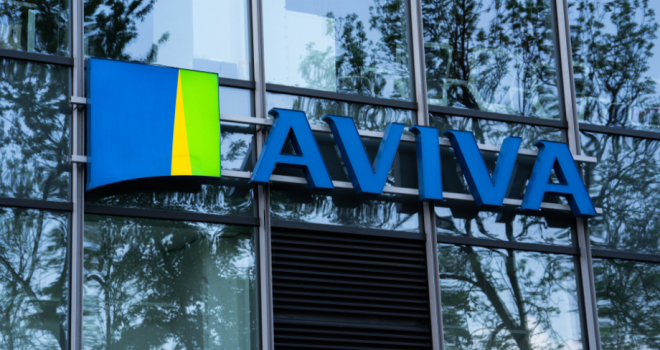
The £225,000 investment by Aviva will go towards the eight research projects designed to assess the long-term impact of the pandemic on both UK and global health.
A number of innovative research applications were received following the Institute’s funding call in September 2022, inviting project proposals from founding partner institutions including the University of Liverpool, Liverpool School of Tropical Medicine and Liverpool City Council.
One project will provide a proof of concept to help forecast winter pressures at the level of individual NHS Hospital Trusts, and another will assess the long-term impacts of the pandemic on accessing health and social care for dementia.
Others include exploring the role of social and community trust for future pandemic preparedness and tackling health inequalities in the migrant, refugee and asylum seeker communities.
Professor Tom Solomon CBE, director of The Pandemic Institute, says:
“We are very proud to announce these eight research projects into differing strands of COVID-19, which have been made possible by Aviva’s generous grant. This will help us take further steps forward in continuing to tackle COVID-19 and also to be better prepared for the future. The work we do from Liverpool has national and international impact and being able to further expand our research through these eight submissions will help keep us at the fore of the challenges around and solutions to COVID-19 and how best to recover from a pandemic.”
David Schofield, Group Sustainability Director at Aviva said:
“As the UK’s leading insurer, Aviva exists to be there for our customers when it really matters. Part of Aviva’s Sustainability Ambition is to make 10 million people more resilient by 2025, as part of this we’re committed to help build health and wellbeing resilience by investing in the big challenges our customers and communities face. Funding research into how we can build stronger communities is so important. We are delighted to be able support The Pandemic Institute and look forward to the outcomes of this work.”
